Marigold African Crackerjack
$4.49
Tagetes Erecta
- Seed Count 250
- Good For Borders and Containers
- Height 90cm
- Annual
In stock
Description
Marigold African cracker is the perfect bedding plant. It is an annual, flowering in the same year as it is planted.
This variety has an upright growth habit and produces massive double blooms in striking shades of orange and yellow, which continue throughout the summer.
A radiant, long-lasting cut flower that is easy to grow from seed.
They make a pretty garnish on rice, salads, or desserts. Be prepared for butterflies and beneficial insects to visit!
| Method: Sow direct or seedlings | Soil Temp: 10°C - 30°C |
| Cool Mountain: Sep - Mar | Germination: 4 to 7 Days |
| Arid: Jan - Dec | Position: Part shade |
| Temperate: Sep - May | Row Spacing: 50cm apart |
| Sub Tropical: Jan - Dec | Planting Depth: 5 mm |
| Tropical: Apr - Jul | Harvest: 75 days |
Climate & Planting Timing
Marigolds thrive in warm conditions and are frost sensitive. Optimal sowing times vary by Australian climate zones:
Cool: September – March.
Temperate: September – May
Sub Tropical: Year round (avoid wet season peaks).
Tropical: April – July.
Arid: Year round.
Direct Sowing vs. Seed Trays
Direct Sowing
Steps:
1. Prepare well draining soil enriched with compost or aged manure.
2. Sow seeds 5mm deep, 20 – 50cm apart (dwarf varieties closer, tall types spaced wider).
3. Water lightly; keep soil moist until germination (4–10 days).
4. Thin seedlings to avoid overcrowding.
Pros: Less transplant shock, suits large gardens.
Cons: Vulnerable to pests (e.g., slugs) during early growth.
Growing in Trays
Steps:
1. Fill trays with seed raising mix; sow seeds 5mm deep.
2. Maintain 10 – 30 °C for germination (use heat mats if needed) .
3. Harden off seedlings over 2 weeks before transplanting.
4. Transplant at 5–10cm tall, spacing 20–50cm apart.
Pros: Controlled environment, ideal for short growing seasons.
Cons: Risk of damping off with overwatering.
Care & Maintenance
Soil:
- Well draining, pH 6.0–7.5.
- Amend clay soils with sand or compost.
Watering:
- Deeply once weekly, avoid wet foliage to prevent mildew.
Fertiliser:
- Apply balanced fertiliser at planting or use slow release options.
- Avoid overfeeding.
Deadheading:
- Remove spent blooms to encourage continuous flowering.
Mulching:
- Use mulch to retain moisture and suppress weeds.
Companion Planting Guide
Marigolds repel nematodes, aphids, and whiteflies while attracting pollinators.
Ideal companions include:
- Tomatoes, Eggplants, Capsicums: Deter pests like aphids and beetles.
- Potatoes: Reduce Colorado potato beetle damage.
- Cucumbers, Beans: Enhance pollination and growth.
- Basil: Improves flavour and pest resistance.
Avoid:
- Peas (may not benefit from marigolds’ nematode control).
Pest & Disease Management
- Aphids/Spider Mites: Spray with neem oil or soapy water.
- Slugs/Snails: Use traps, remove hiding spots, or apply diatomaceous earth.
- Powdery Mildew: Improve airflow, water at soil level, and apply eco fungicide.
- Damping Off: Avoid overwatering; use sterile seed raising mix.
Harvesting & Seed Saving
Flowers: Pick when fully open for salads or drying.
Seeds: Collect dried flower heads, store in airtight containers.
Key Takeaways
- Direct Sowing suits warm climates and low maintenance gardens.
- Seed Trays offer better control in cooler regions or for early starts.
- Pair marigolds with vegetables for natural pest control and enhanced yields.
Order Times
Seed orders are normally dispatched within three business days. You will receive an email when seeds are mailed out.
Postage Days
Seeds are mailed out Monday to Friday at 1pm. Except for the Friday of long weekends.
Postage Times
WA 2-3 Days: SA,NT 3-5 Days: NSW, ACT, QLD, VIC: 5-7 Days
Carrier
We use Australia Post Letter Postage for the majority of orders
Not only are our seeds packed in recycled paper envelopes, we keep the theme going when we post out website orders. To protect your seeds from moisture and the letter box munchers (snails), we use a very special plastic free material made from plants. They are then put into recycled mailing envelopes. Green all the way 💚🌿

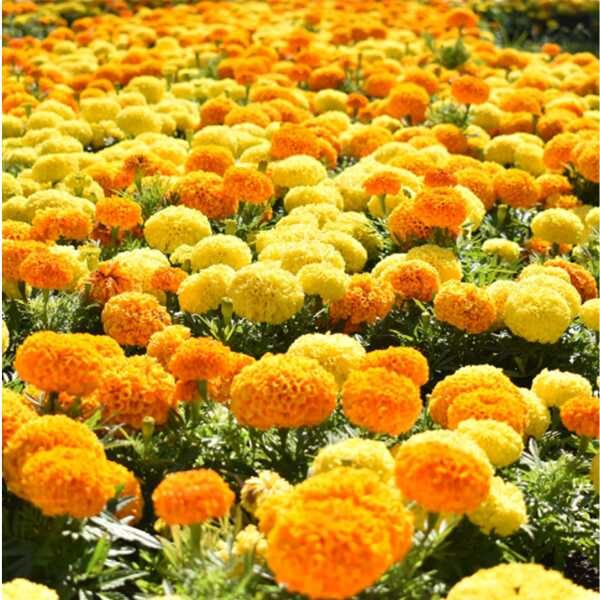
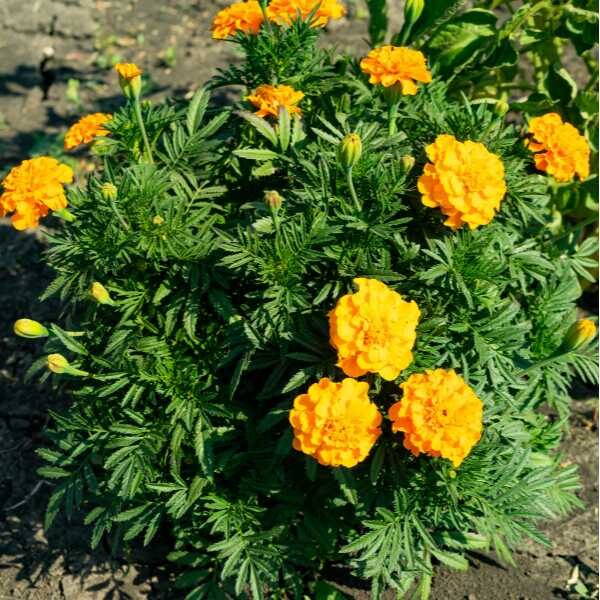
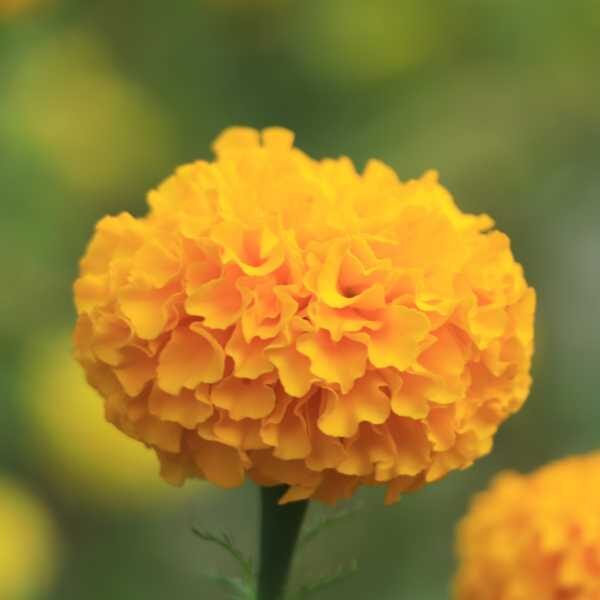
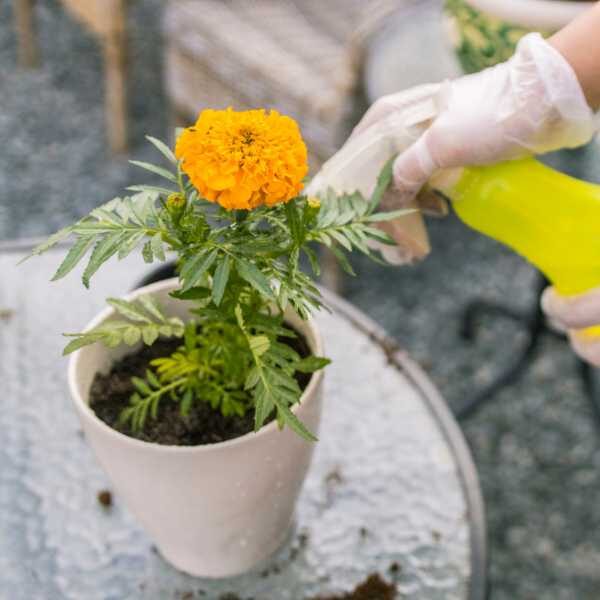





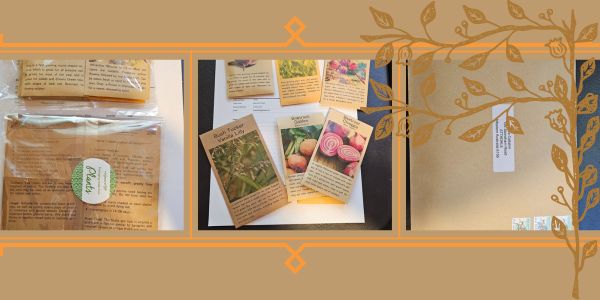

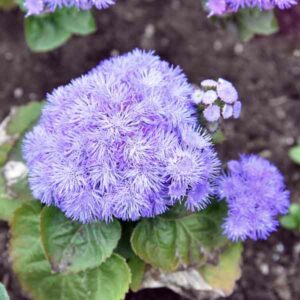

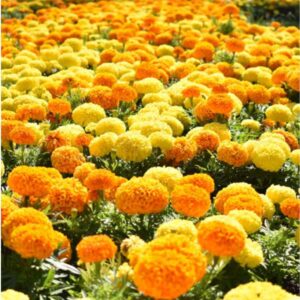
2 reviews for Marigold African Crackerjack